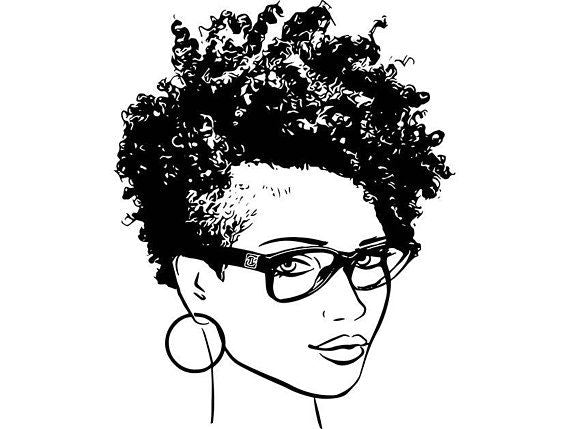The word “biotin” comes from the ancient Greek word “biotos,” which means “life” or “sustenance. Biotin is a water-soluble vitamin that’s a part of the vitamin B family. It’s also known as vitamin H. While some vitamins are recommended, your body needs biotin to help convert certain nutrients into energy. It also plays an important role in the health of your skin, hair, eyes, liver, and nervous system. As biotin converts glucose from carbohydrates into energy for the body and aids amino acids in carrying out normal bodily functions.
Biotin also is known to:
- reduce inflammation
- improve cognitive function
- help lower blood sugar in people with diabetes
- increase “good” HDL cholesterol and decrease “bad” LDL cholesterol
Biotin can be found in foods in addition to being found in supplements. If you aren’t getting enough biotin, you may experience hair loss or a scaly red rash. However, a deficiency is rare. In most cases, the biotin you get from your diet is enough for you to reap the health benefits it offers. Most people get the biotin they need from eating a healthy diet, but some people have decided to add in a supplement as getting more biotin can regulate your blood sugar, promote healthy hair, skin, and nails. While adding more biotin-rich foods to your diet doesn’t carry any risks. You can add more biotin-rich foods into your diet.
These include:
- organ meats, such as liver or kidney
- egg yolk
- nuts, such as almonds, peanuts, and walnuts
- soybeans and other legumes
- whole grains
- bananas
- cauliflower
- mushrooms
Heat can reduce biotin’s efficacy, so opt for raw or minimally-processed dishes. However, you should always check with your doctor before adding a new supplement to your routine. Biotin doesn’t have any known interactions, but your doctor should still confirm supplement use alongside any other medications you may be taking.
If you don’t think you’re getting enough biotin from your diet, or if you’re just looking to up your dosage, supplements may be an option. Biotin supplements are available over the counter in capsule or tablet form. Most people can take biotin supplements without any adverse effects, but minor side effects are possible. These include:
- nausea
- cramping
- diarrhea
You may be able to reduce your risk of side effects by taking your supplement with food. Supplements aren’t for everyone, so talk with your doctor before use. They can talk to you about the potential risks and benefits, as well as the proper dosage. You should always follow the dosage information on the label unless your doctor instructs otherwise. Adding more biotin-rich foods to your diet doesn’t carry any risks. However, you should always check with your doctor before adding a new supplement to your routine. Biotin doesn’t have any known interactions, but your doctor should still confirm supplement use alongside any other medications you may be taking. As biotin does carry various benefits, both hair growth and retention are the highlight!


3 comments
Lisa Short
December 09, 2020 at 12:42 PMEnjoyed this article as well as the others you post…
ELaine
December 09, 2020 at 12:42 PMThanks for the information keep up the good work may the Lord continue to give you more insight on how to continue helping us to grow our hair
SIphia HInkson
December 09, 2020 at 01:01 PMThanks for sharing!